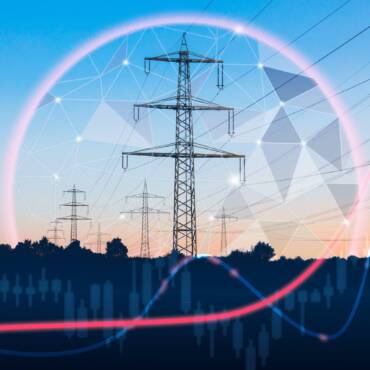Power outages are not just inconvenient; they can be costly, dangerous, and even life-threatening. Power storms can result in losing food in the refrigerator or the freezer, loss of heating or cooling, or the loss of necessary medical equipment. One way to help mitigate the impact of power storms is to arrange a backup generator, which can supply power to your home in the event of a power loss. There are several different types of generators, from portable generators that run on gasoline or diesel and can be used to run necessary appliances but are not powerful enough to replace your home’s full electrical system, to permanently placed generator systems that run on natural gas and can fully supplement your electrical supply.
Power outages can be caused by several things. Many power outages are linked to bad weather: ice storms, snow storms, hurricanes, and tornadoes can all cause disruptions in the power supply that may last from a few minutes to several days or even weeks. Bad weather is not the only cause of power outages. Rolling blackouts and brownouts threaten the power supply at different times during the year, usually during summer heat waves. Human error can result in disruption to the power supply. Power lines can also be broken for a variety of reasons including damage by animals, auto accidents, and even fallen tree limbs.
When considering whether you need a generator to back-up your power supply, it is important to think about your needs and considerations. Many people think about the short-term inconveniences of a power loss, which means loss of climate control, loss of lights, and sometimes the lost ability to cook. However, it is important to think about other appliances that might depend on your power supply. For example, do you have a sump pump to keep your basement or foundation dry? If so, it may be important to provide power to that appliance if there are storm-related power-outages, even if you are able to leave your home and stay elsewhere until power is restored to the rest of the home.
Another consideration is to think about the pattern of power outages in your area. Some areas experience power outages more frequently than other areas. Some of this depends on which part of the power grid your home or business uses. This is because some areas are given higher priority because they also contain medical facilities or other essential services. If you live in an area that is not prioritized or with older parts of the infrastructure, you may experience more frequent and longer power outages than people in other areas.
Location
Danley 911 Home Services 9 Federal Rd Monroe Township, NJ 08831
Reasons to Get a Standby Generator
Copyright © 2025 - All Rights Reserved. Danley 911 Home Services | Privacy Policy


